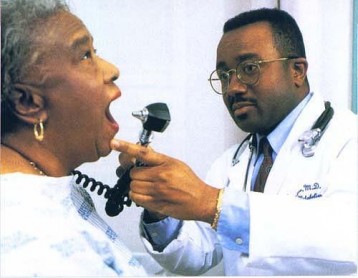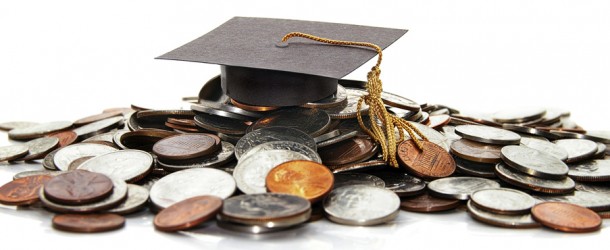Historically black colleges and universities account for a quarter of the degrees earned by African Americans in STEM fields — science, technology, engineering and math — but the country’s 101 accredited HBCUs represent just 3 percent of public and nonprofit private institutions receiving federal student aid.
HBCUs contribute nearly $15 billion to the U.S. economy, according to a new report by The United Negro College Fund (UNCF). The study prepared by the University of Georgia’s Selig Center for Economic Growth. Nationally, HBCUs are educating and preparing students for “an information-age workforce,” said Michael L. Lomax, president and CEO of the UNCF, in a prepared statement. Locally, they’re a powerful economic engine that generates jobs, income and spending in the cities where they are located.
“The study demonstrates conclusively that HBCUs are not only relevant to the country’s economic health and vigor, they are necessary,” Lomax said.
There are 101 public and private accredited HBCUs concentrated in 19 states — mainly in the Southeast — the District of Columbia and the U.S. Virgin Islands. They enroll almost 300,000 students — about 80 percent are African American, and 70 percent are from low-income families.
HBCUs (they’re listed alphabetically here) enjoy disproportionate success at helping African American college students earn bachelor’s degrees, according to the report.
For example, in 2014, HBCUs:
- Accounted for just 3 percent of public and nonprofit private institutions receiving federal student aid.
- Enrolled 10 percent of African American college students nationwide.
- Accounted for 17 percent of the bachelor’s degrees earned by African Americans and 24 percent of the degrees earned by African Americans in STEM fields.
The top eight institutions where African American Ph.D.s in science and engineering earned their bachelor’s degrees from 2002 to 2011 were all HBCUs, according to the National Science Foundation. Read full Via Moguldom



